Deadline
What is a Deadline?
A deadline is the date and time by which a task or project must be completed. Deadlines are crucial in managing time, resources, and expectations in any project. They provide a clear timeline for tasks, ensuring that all aspects of a project are completed on schedule. Deadlines can apply to various stages of a project, from initial drafts and revisions to the final submission.
Why is a Deadline Important?
Deadlines are important because they help ensure that projects are completed on time and within scope. They provide a sense of urgency and accountability, motivating team members to stay focused and productive. Meeting deadlines is essential for maintaining client satisfaction, managing workloads, and achieving business goals.
Deadlines also help in coordinating efforts among team members and stakeholders. They ensure that everyone is aware of their responsibilities and the timeline for completing tasks. Clear deadlines reduce the risk of delays and ensure that projects progress smoothly and efficiently.
Best Practices for Setting and Managing Deadlines
1. Be Realistic
Set realistic deadlines that consider the complexity of the task, available resources, and potential challenges. Unrealistic deadlines can lead to stress, burnout, and subpar work. Ensure that deadlines are achievable and provide sufficient time for quality work.
2. Communicate Clearly
Clearly communicate deadlines to all team members and stakeholders. Ensure that everyone understands the timeline and their responsibilities. Use project management tools, calendars, and regular check-ins to keep everyone informed.
3. Break Down Tasks
Break down large projects into smaller, manageable tasks with individual deadlines. This makes the project more approachable and helps track progress. Smaller tasks are easier to complete and provide a sense of accomplishment.
4. Prioritize Tasks
Prioritize tasks based on their importance and urgency. Focus on high-priority tasks first to ensure that critical elements of the project are completed on time. Use prioritization techniques like the Eisenhower Matrix to manage tasks effectively.
5. Use Project Management Tools
Utilize project management tools like Trello, Asana, or Microsoft Project to organize tasks, set deadlines, and track progress. These tools provide a visual overview of the project timeline and help manage deadlines efficiently.
6. Allow for Buffer Time
Include buffer time in your deadlines to account for unexpected delays or challenges. Buffer time provides flexibility and reduces the risk of missing deadlines. It ensures that there is enough time to address any issues that may arise.
7. Monitor Progress
Regularly monitor the progress of tasks and projects. Use progress reports, check-ins, and meetings to track how tasks are advancing towards their deadlines. Monitoring progress helps identify potential delays early and allows for corrective action.
8. Be Flexible
Be prepared to adjust deadlines if necessary. Sometimes, unforeseen circumstances require deadline extensions. Communicate any changes promptly and provide updated timelines. Flexibility helps manage expectations and ensures the quality of work.
9. Reward Timely Completion
Recognize and reward team members who consistently meet deadlines. Positive reinforcement encourages productivity and motivates team members to adhere to future deadlines. Recognition can be as simple as verbal praise or more formal rewards.
10. Learn from Experience
Reflect on past projects and deadlines to identify areas for improvement. Analyze what worked well and what challenges were encountered. Use these insights to set more effective deadlines in future projects.
By following these best practices, you can set and manage deadlines effectively, ensuring timely project completion, maintaining high-quality work, and achieving your business objectives.
For more terms, return to the content marketing glossary and freelance writing glossary.

